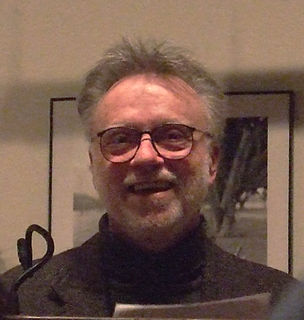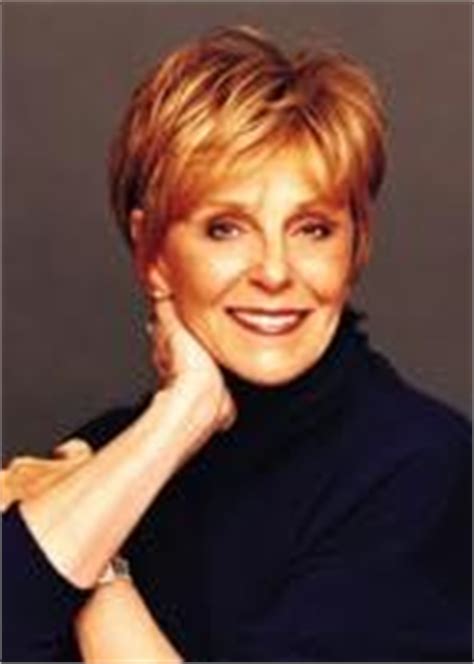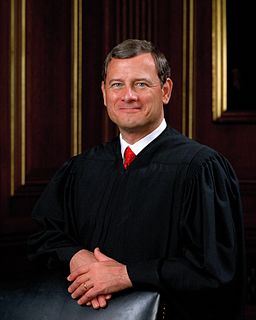A Quote by John Crowley
Violet said nothing, though big pearly tears, like a child's, trembled at her lashes. She suddenly missed John very much. Into him she could pour all the inarticulate perceptions, all the knowings and unknowings she felt, which, though he couldn't understand them really, he would receive reverently, and out of him would come then the advice, the warnings, the clever decisions she could never have made.
Related Quotes
She rested her head against his and felt, for the first time, what she would often feel with him: a self-affection. He made her like herself. With him, she was at ease; her skin felt as though it was her right size.. It seemed so natural, to talk to him about odd things. She had never done that before. The trust, so sudden and yet so complete, and the intimacy, frightened her.. But now she could think only of all the things she yet wanted to tell him, wanted to do with him.
(...)Did she really tell Roddy Carstairs she could outshoot him with his own pistol?" "No," Jason said dryly. "She told him that if he made one more improper advance to her, she would shoot him- and if she missed, she would turn Wolf loose on him. And if Wolf didn't finish the job, she had every faith I would." Jason chuckled and shook his head. "It's the first time I've been nominated for the role of hero. I was a little crushed, however, to be second choice after the dog.
She looked at him then, but his image blurred behind tears that swelled into her eyes. She must leave. She must leave this room, because she wanted to hit him, as she had sworn she never would do. She wanted to cause him pain for taking a place in her heart that she wouldn't have given him if she'd known the truth. "You lied to me," she said. She turned and ran from the room.
I told him that I loved him and that I'd always love him and I felt like a child who throws a centavo into a fountain and then she has to tell someone her most extraordinary wish even though she knows that the wish should be kept secret and that, in telling it, she is quite probably losing it. He replied that I was not to worry, that the penny could come out of the fountain again and again and again.
There was a warmth of fury in his last phrases. He meant she loved him more than he her. Perhaps he could not love her. Perhaps she had not in herself that which he wanted. It was the deepest motive of her soul, this self-mistrust. It was so deep she dared neither realise nor acknowledge. Perhaps she was deficient. Like an infinitely subtle shame, it kept her always back. If it were so, she would do without him. She would never let herself want him. She would merely see.
I felt like Elena from Vampire Diaries. She has two insanely hot men who are in love with her and would do anything for her. One of which, she would give almost everything to be with, and the other she continues to push away, even though she can't ever actually stay away, so she won't have to admit she was in love with him too. At least my guys weren't brothers.
She was humbled, she was grieved; she repented, though she hardly knew of what. She became jealous of his esteem, when she could no longer hope to be benefited by it. She wanted to hear of him, when there seemed the least chance of gaining intelligence. She was convinced that she could have been happy with him, when it was no longer likely they should meet.
He's charmed by her as if she were some fairy!" continued Arabella. "See how he looks round at her, and lets his eyes rest on her. I am inclined to think that she don't care for him quite so much as he does for her. She's not a particular warm-hearted creature to my thinking, though she cares for him pretty middling much-- as much as she's able to; and he could make her heart ache a bit if he liked to try--which he's too simple to do.
She was looking into my eyes with that way she had of looking that made you wonder whether she really saw out of her own eyes. They would look on and on after every one else's eyes in the world would have stopped looking. She looked as though there were nothing on earth she would not look at like that, and really she was afraid of so many things.
She'd assumed she'd be married and have kids by this age, that she would be grooming her own daughter for this, as her friends were doing. She wanted it so much she would dream about it sometimes, and then she would wake up with the skin at her wrists and neck red from the scratchy lace of the wedding gown she'd dreamed of wearing. But she'd never felt anything for the men she'd dated, nothing beyond her own desperation. And her desire to marry wasn't strong enough, would never be strong enough, to allow her to marry a man she didn't love.
She yearned to see her mother again, and Robb and Bran and Rickon… but it was Jon Snow she thought of most. She wished somehow they could come to the Wall before Winterfell, so Jon might muss up her hair and call her “little sister.” She’d tell him, “I missed you,” and he’d say it too at the very same moment, the way they always used to say things together. She would have liked that. She would have liked that better than anything.
He was making her feel small and absurdly petulant and, worse yet, she suspected he was right. She always suspected he was right. For a brief irrational moment, she wished she could walk away from him. Then she wished, more rationally, that she could love him without needing him. Need gave him power without his trying; need was the choicelessness she often felt around him.
Had Elizabeth been able to encounter his eye, she might have seen how well the expression of heartfelt delight, diffused over his face, became him; but, though she could not look, she could listen, and he told her of feelings, which, in proving of what importance she was to him, made his affection every moment more valuable.




































